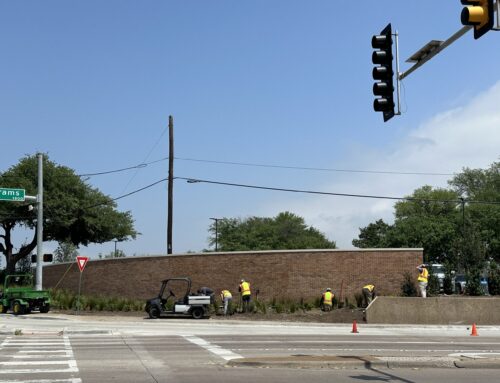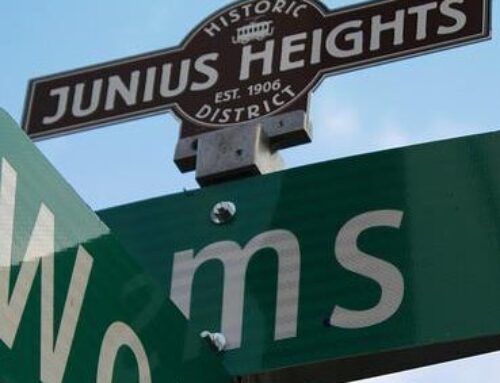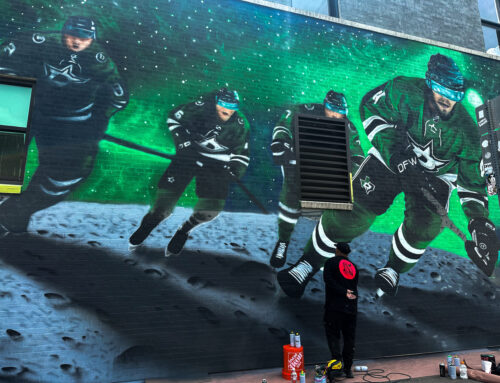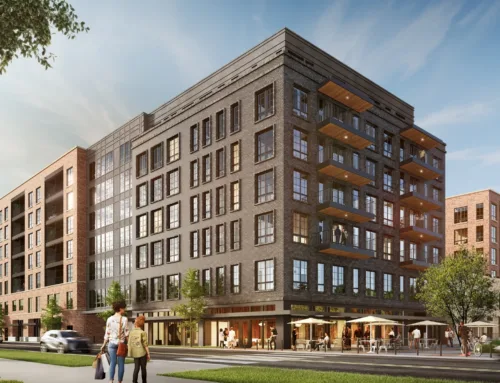Donna Turman of Lakewood stood before the city’s task force on gas drilling Tuesday night, and she told them she typically avoids such meetings because they get heated, and “I want to beat up everyone who doesn’t agree with me.” It broke some tension in the room of about 100 people who were there to make and listen to public comments on whether the city should permit gas drilling.
“There’s something surreal about having to stand in front of our elected officials and say, ‘Please don’t kill us,'” Turman said.
City Council member Angela Hunt appointed the panel, composed of several lawyers, an environmentalist and experts in the oil and gas industry. Their task is to research urban gas drilling and hydraulic fracturing, which is known as fracking, and decide whether and under what circumstances the city should allow drilling. The city signed a $34 million mineral lease with XTO Energy in an effort to balance the budget two years ago. But so far, the city has not given XTO a permit to drill on its lease in the Mountain Creek area. If the city doesn’t allow the company to drill, we must repay the $34 million.
Overwhelmingly, neighbors urged the panel to ban gas drilling because of evidence suggesting that chemicals used in fracking can contaminate ground water and pollute the air. Th Environmental Protection Agency does not regulate fracking, which utilizes cancer-causing compounds including benzene. So the job is left to the Texas Commission for Environmental Quality, which employs 12 inspectors for some 15,000 gas wells throughout the state.
Joanne Roan of Bryan Place told the panel she is “getting tired of being embarrassed by the decisions the city of Dallas makes.”
“They’re not going to have fracking where I live, or in Lakewood or in most of our neighborhoods,” she said. “But I feel for people who do.”
Fracking also requires hundreds of gallons of water, a precious resource itself.
Molly Rooke, who lives near Mockingbird, suggested the panel wait until there is more research and better technology for extracting the gas from the Barnett Shale.
“That gas is not going anywhere,” she said. “It’s going to be there. Someday there could be a better technology, and we don’t want to make our air quality worse.”
Two people spoke in favor of gas drilling in the city. Robert Unger of University Park, who said he worked in the oil and gas industry for 35 years, said he thinks fracking is safe, even near “established and mature developments.”
We all need energy, was the gist of his argument. Wouldn’t it be nice to pay less for it?
The panel’s chair, Lois Finkelman, told the room: “I promise you we will address this the best we can, and when we finish, we will have a strong consensus about what to do.”
The next public meeting is in October, a few days before the panel submits its recommendations.





